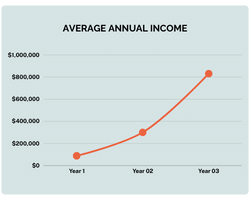Retirement income strategies go beyond accumulating savings—they involve optimizing income while minimizing tax burdens. Let’s explore tax-efficient approaches to maximize retirement income:
1. Roth IRA Conversions
Consider converting Traditional IRA assets into a Roth IRA. While this incurs immediate tax liability, future withdrawals are tax-free, offering tax diversification and flexibility in retirement income.
2. Systematic Withdrawal Planning
Develop a systematic withdrawal strategy from retirement accounts. Optimize withdrawals to manage tax brackets, aiming to minimize taxable income while ensuring sufficient funds for living expenses.
3. Leveraging Health Savings Accounts (HSAs)
Maximize contributions to HSAs if eligible. These accounts offer triple tax benefits—tax-deductible contributions, tax-deferred growth, and tax-free withdrawals for qualified medical expenses in retirement.
4. Annuities for Tax-Deferred Growth
Consider tax-deferred annuities. While withdrawals are taxable, they offer tax-deferred growth, providing another avenue for retirement savings with potential income streams.
5. Timing Social Security Benefits
Delaying Social Security benefits can maximize payouts. Each year of delay increases benefit amounts, potentially providing a higher income stream while reducing the need for additional taxable income sources.
6. Municipal Bonds and Tax-Free Investments
Explore municipal bonds and other tax-free investments. These offer income exempt from federal taxes and, in some cases, state taxes, providing tax-efficient income streams.
7. Qualified Charitable Distributions (QCDs)
Utilize QCDs if over 70½. Directly donate from IRAs to charities, reducing taxable income while supporting charitable causes.
Choosing the Best Strategy
The best strategy depends on individual circumstances—current tax bracket, expected future tax rates, retirement goals, and investment portfolio. Crafting a personalized tax-efficient strategy often involves a combination of these approaches.
Consulting a financial advisor or tax professional can offer tailored guidance to optimize your retirement income while minimizing tax liabilities, ensuring a secure and tax-efficient financial future.




